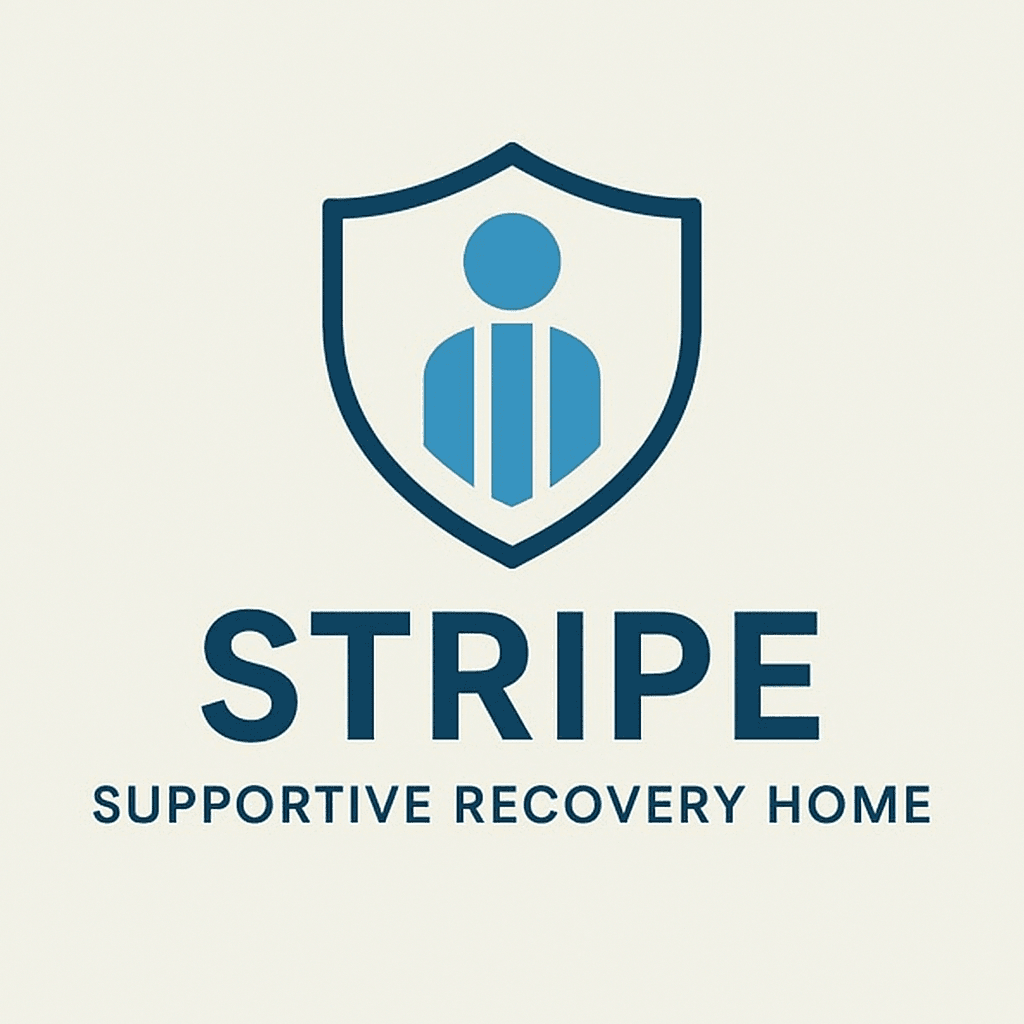How Transitional Housing Supports Long-Term Sobriety
Understanding Transitional Housing
Transitional housing plays a crucial role in supporting individuals on their path to long-term sobriety. It serves as a bridge between the initial stages of recovery and the full reintegration into society. By providing a stable and supportive environment, transitional housing allows individuals to focus on rebuilding their lives without the immediate pressures of everyday responsibilities.
The primary goal of transitional housing is to offer a safe, substance-free environment that promotes healing and recovery. This type of housing is typically available for a set period, during which residents are encouraged to work on personal goals, attend counseling sessions, and participate in recovery programs.

The Structure of Transitional Housing Programs
Transitional housing programs are designed to foster independence while still offering necessary support. Residents often share living spaces with others who are also working towards sobriety, creating a sense of community and mutual encouragement. These programs may also include structured routines that help residents develop healthy habits crucial for maintaining sobriety.
Many transitional housing facilities provide access to essential services such as therapy, life skills training, and employment assistance. These resources are vital for helping individuals regain confidence and build a foundation for a sober lifestyle.

Benefits of Transitional Housing
There are numerous benefits associated with transitional housing for individuals in recovery:
- Stable Environment: A safe and secure living arrangement reduces stress and allows individuals to focus on their recovery journey.
- Peer Support: Living with others who share similar goals fosters a sense of camaraderie and accountability.
- Access to Resources: Residents often have access to counseling, job training, and other support services that facilitate personal growth.
Building Life Skills for Long-Term Sobriety
A significant component of transitional housing is the emphasis on developing life skills that contribute to long-term sobriety. Residents are encouraged to engage in activities that enhance their ability to manage daily challenges effectively. This includes budgeting, cooking nutritious meals, and maintaining a clean and organized living space.
By cultivating these skills, individuals are better prepared to handle the responsibilities of independent living once they leave transitional housing. This preparation is crucial for reducing the risk of relapse and ensuring sustainable sobriety.

The Role of Transitional Housing in Relapse Prevention
One of the most important aspects of transitional housing is its role in relapse prevention. The structured environment and supportive community reduce the likelihood of residents returning to old habits. Regular participation in recovery meetings and counseling sessions helps residents stay committed to their goals.
Additionally, many transitional housing programs implement rules and guidelines that establish clear expectations for behavior. These rules help create a disciplined atmosphere that reinforces positive choices and discourages substance use.
Conclusion: A Pathway to Independence
Transitional housing is an invaluable resource for individuals striving to achieve long-term sobriety. By providing a supportive environment, access to essential resources, and opportunities for personal growth, these programs help bridge the gap between treatment and independent living.
Ultimately, transitional housing empowers individuals to reclaim their lives and pursue a future free from addiction. The journey to sobriety is challenging, but with the right support, it is entirely possible to lead a fulfilling and healthy life.

